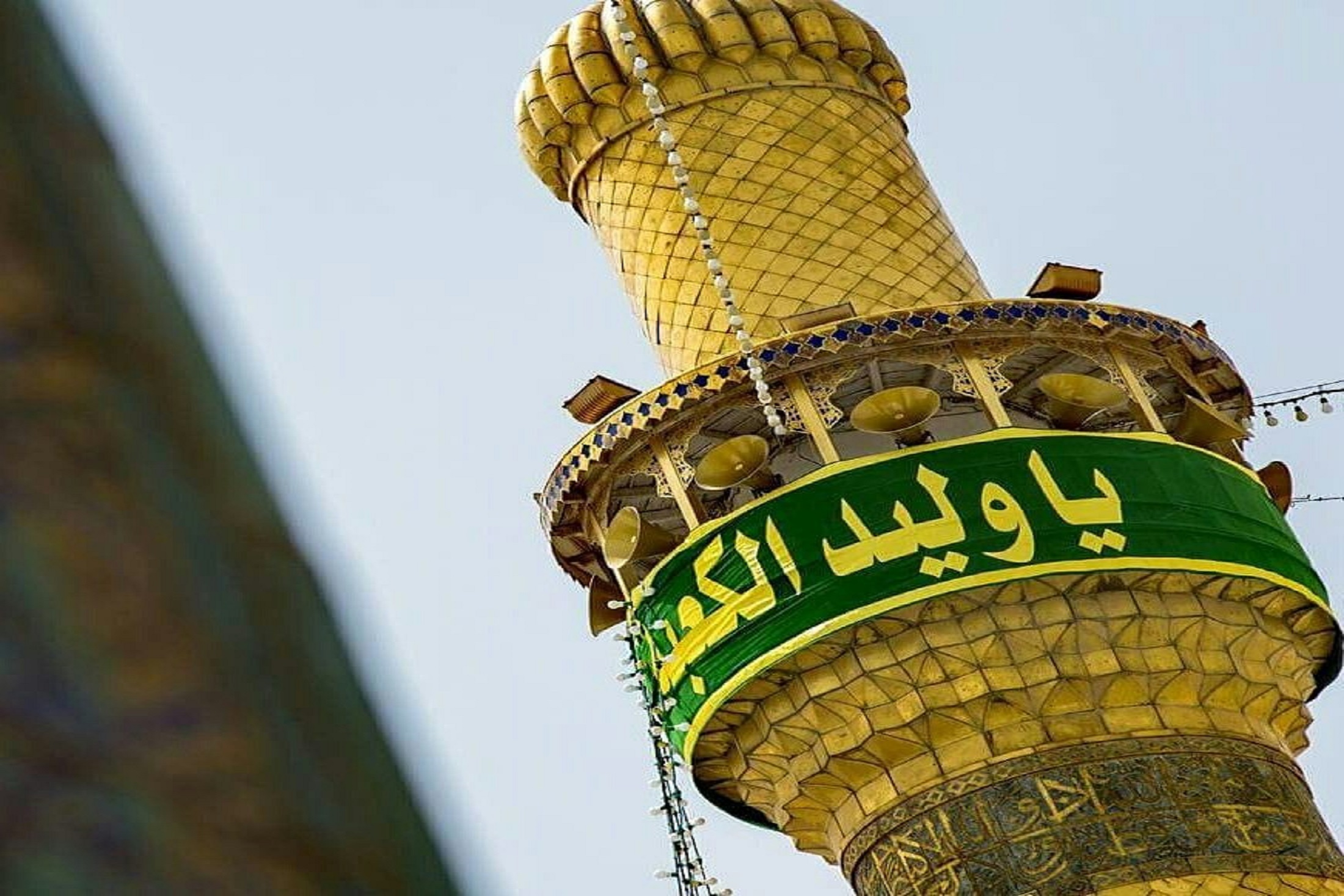Successorship with respect to Characteristics and Merits ( part I)
The belief in Imamat and the successorship of Allah and the Holy Prophet (s.a.w.a.) in Islam is a fundamental matter. Its importance can be understood from the fact that after the martyrdom of the Holy Prophet (s.a.w.a.), the people preferred the matter of selection of his (s.a.w.a.) successor over participating in his (s.a.w.a.) funeral. However, the person who performed the burial prayers for the Holy Prophet (s.a.w.a.) was none other than the one whom the Holy Prophet (s.a.w.a.) had already appointed as his successor.
Caliphate means successorship and Imamat means leadership. The question is – who does the caliph succeed and in which affairs does the Imam lead? This is a very simple matter which even a layman can clearly understand. Before appointing someone for a position, it is important to know the specifications and characteristics of that position. If we ask someone for a man, he will immediately ask you the purpose. If there is a requirement for an engineer, the questions asked will be “for which field” and “for what purpose”. If there are people required for constructing a house, a mason has different characteristics from a labourer, the supervisor will have different characteristics than the accountant. Every person cannot be fitted in every role. If a mason is given a labourers job and vice versa and a watchmaker is given the work of a blacksmith and vice versa, the entire operation will be ruined.
Is this caliphate the successorship of Prophet Muhammad (s.a.w.a.)? Is this a position a son inherits from his father? Is this inheritance given based on progeny rather than capability?
Or is this caliphate the successorship of the Seal of the prophets, the noblest of the prophets, the one addressed by Allah as Taha and Yaseen, the owner of the status of nearest to Allah, the one who does not speak except with revelation, the one who is the for whom Allah says that “you did not stone them but Allah did” and “We have expanded your heart for you and elevated your remembrance” and “We have taught you what you did not know”.
If this caliphate and successorship is of Muhammad b. Abdullah (s.a.w.a.), then it should go to the lady who with respect to inheritance is the closest to the Muhammad b. Abdullah (s.a.w.a.) and who is from his progeny and family and no one else has any right in this inherited successorship. There are no characteristics or talent required for this and it is enough for the successor to be from his progeny just as it has been happening in case of all worldly inheritances. A son is considered as the heir to his father even if he lacks the characteristics of his father. And if this caliphate is the successorship of someone who possessed a position and status, i.e. it is not the successorship of a particular person buy of a status or position, then the successor should have the characteristics required for that position. If there is an appointment for the position of the head of Department of English Literature in a university, then the person will be the person who specializes in English literature. Can such a person who knows the English alphabet be made the head of department of English literature? If this decision is taken forcefully then one can understand the state of the department. It will have everything except English literature. Secondly, only those people have the right to appoint the successor who have initially appointed the outgoing head. If he was appointed by a committee then the successor will also be appointed by the same committee. For example, the appointment of the Vice Chancellor the University of India is done by the President of India. The appointment happens based on his signature and people can only give their recommendations while the final appointment only happens as per the decision of the President of India. Only that appointment will be considered as official which will have the endorsement of the President of India. If the people of the department select someone and appoint him for this position, the seat will be occupied but it will not be considered as an official appointment.
The third important question is, was the role of the Holy Prophet (s.a.w.a.) responsible only for the defense of the Islamic boundaries and administration of the nation so that his successor can be either a military general or a administrator who can defend the boundaries of the nation and manage its administration? Or was the most important responsibility of the Holy Prophet (s.a.w.a.) to invite people towards divine unity as it has been pointed out in the Holy Quran:
‘And We certainly raised in every nation a messenger (who told the people) that you worship only Allah and refrain from the evil. Then from them were some whom Allah guided and for them were some deviation seemed right. Then travel in the lands and look at the end of the rejecters.
[Surah Nahl (16): 36]
Therefore the fundamental responsibility of all the prophets and messengers and especially that of the Holy Prophet (s.a.w.a.) was to call the people towards the recognition of Allah and take them away from the rebellious powers. In order to teach divine unity, one must himself understand it, as this lesson of divine unity will be taught even to those who are absolutely unaware of it along with those who are on high levels of faith and recognition as the messenger is a messenger for everyone. Hence Allah has declared in the Holy Quran:
‘Allah has taught you what you did not know and the grace of Allah upon you is great.’
[Surah Nisa (4): 113
Continued in part II…….



